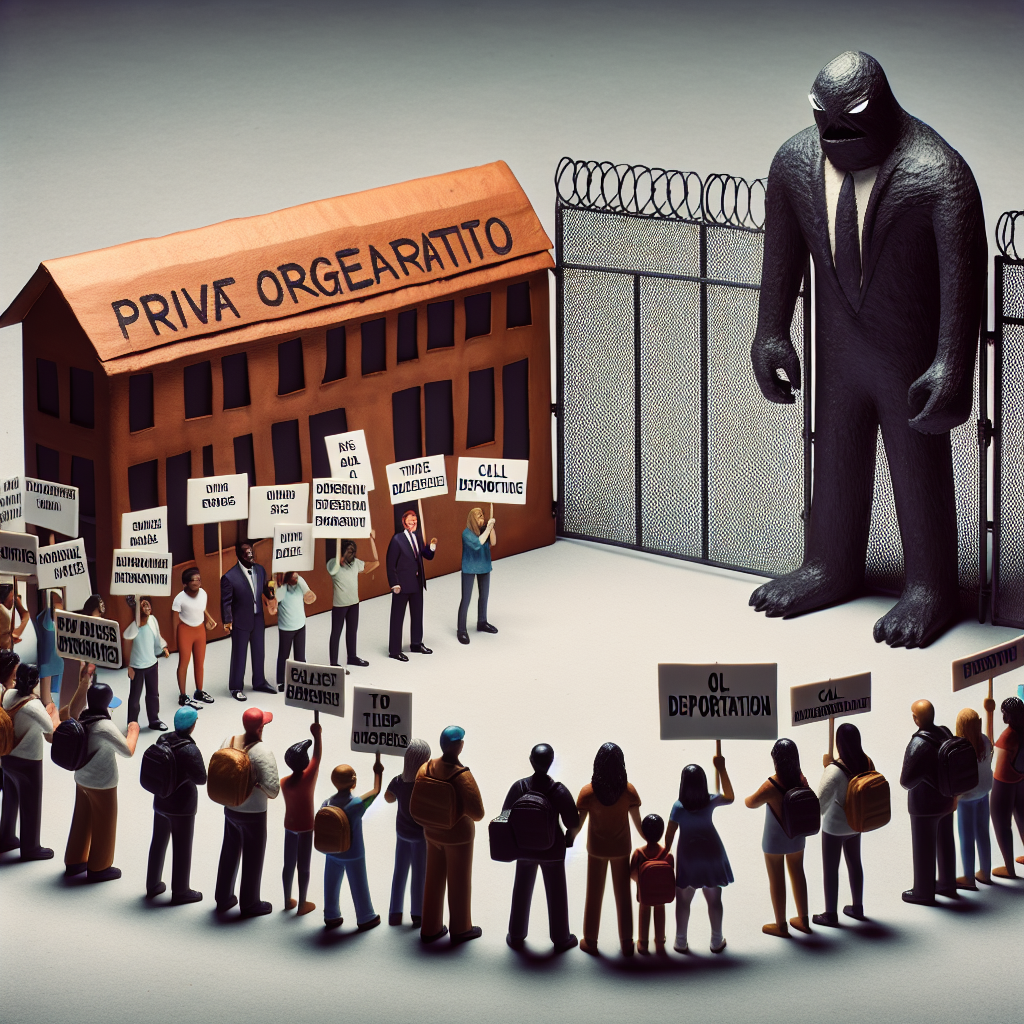Private Organizations Target Student Protesters for Potential Deportation
Private Organizations Target Student Protesters for Potential Deportation
Overview
Recent reports have surfaced about private organizations actively monitoring student protesters, with the intent of identifying individuals for potential deportation. This development has raised significant concerns regarding privacy, freedom of expression, and the role of private entities in immigration enforcement.
Key Players
- Private Organizations: These entities are reportedly collecting data on student protesters, focusing on those with precarious immigration statuses.
- Student Protesters: Individuals participating in demonstrations, often advocating for social justice and policy changes.
- Immigration Authorities: Government bodies that may be influenced by the information provided by these private organizations.
Motivations and Methods
The motivations behind these actions appear to be rooted in a desire to suppress dissent and maintain control over immigration narratives. The methods employed include:
- Surveillance: Monitoring social media and public demonstrations to identify participants.
- Data Collection: Gathering personal information on protesters, particularly those with temporary or uncertain immigration statuses.
- Collaboration with Authorities: Sharing collected data with immigration enforcement agencies to facilitate potential deportations.
Implications and Concerns
This targeting of student protesters by private organizations has sparked a range of concerns:
- Privacy Violations: The collection and use of personal data without consent raise significant privacy issues.
- Chilling Effect: Fear of deportation may deter individuals from exercising their right to protest.
- Ethical Questions: The involvement of private entities in immigration enforcement blurs the lines of accountability and ethics.
Conclusion
The targeting of student protesters by private organizations for potential deportation highlights a troubling intersection of privacy, freedom of expression, and immigration enforcement. As these practices come to light, they prompt urgent discussions about the ethical implications and the need for safeguards to protect individuals’ rights.












